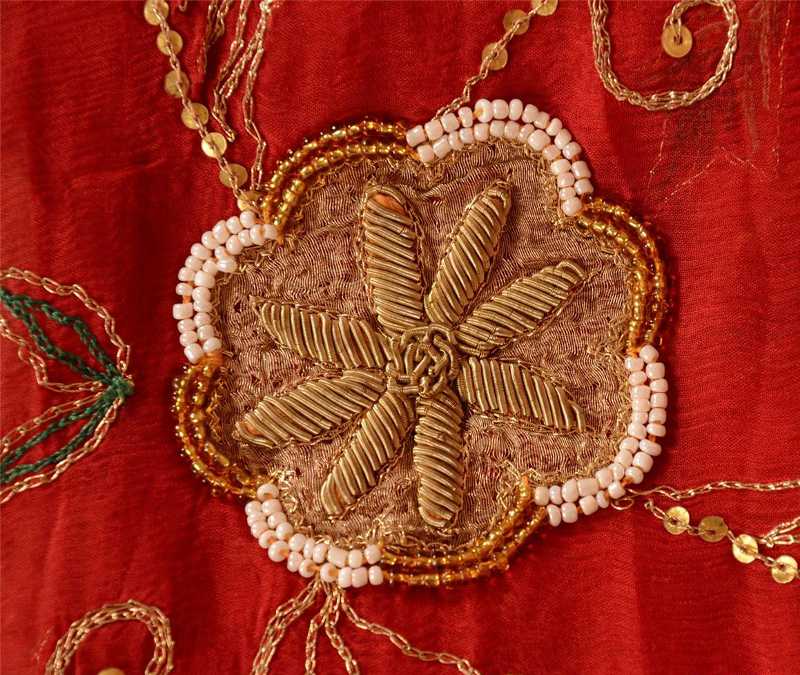===
0777,
5
===

=== |
 |
la;h:z : 'Looking through half-shut eyes; looking askew or through the outer corner of the eye'. (Platts p.954)
la;h:zah : 'A look, a glance; —a moment, the twinkling of an eye; a minute'. (Platts p.954)
.sadqe jaanaa : 'To become, or to offer oneself, as a sacrifice for the welfare, &c. (of another); to move round (a person) by way of exhibiting devotion, or affection, or reverence (for him or her)'. (Platts p.744)
FWP:
SETS == MUSHAIRAH
MOTIFS
NAMES
TERMSThe whole somewhat confusing first line might become, in modern prose phrasing and order: kyaa [ kisii ne ] us bahr-e ;husn ko apne aap me;N dekhaa hai ? Only at the very end of the second line do we discover what the subject is: the whirlpool. Thus we have the makings of a 'mushairah verse', with its punch-word withheld till the last possible moment, then suddenly shedding light on the whole verse.
And speaking of moments, SRF hasn't mentioned what I think is the best part of the verse: the excellent wordplay of la;h:zah la;h:zah , which means literally 'moment'-- but also 'look, glance'; its close relative la;h:z means something like 'a sidelong glance' (see the definitions above). So the whirlpool has 'seen' inside itself the (divine?) beloved's absolute beauty at every moment-- or, equally, at every look/glance. And perhaps the beauty that it sees includes the 'sidelong glances' of the beloved herself? (Perhaps they even become, or appear, sidelong because of the whirlpool's constant whirling?) And can an 'ocean' of beauty even fit inside a 'whirlpool'? (No wonder the glances can only be sidelong.)
Note for meter fans: In ke ta))ii;N (an archaic form of ko ) we have to scan ta))ii;N as a single long syllable; this is a permissible variant scansion.